30 April 2008
Are the Public Schools a Public Trust?
Flying home to Baltimore from Tulsa on Sunday, I sat next to an architect who was an ardent defender of the public schools and was adamantly opposed to competition from private schools. His arguments are very revealing when examined carefully. On my other side sat a proud Marine who was home-schooled by his mother who had been an English teacher. This Marine was a carpenter and was presently assigned to a unit that performed extensive honor guard duties in Washington, DC. He was able to give me a very accurate and incisive summary of the Global Warming fraud. It was also clear that he was very knowledgeable about computers.
The architect argued over and over that the public schools are a public trust. I responded that in many areas it was clear that the public schools had not earned the publics' trust given the quality of the education they provided. I also argued that public schools have an inherent conflict of interest which makes it impossible for them to fully address many issues and biases them to provide false propaganda.
Education should aim at helping students to learn to think for themselves. They should learn about the necessity to observe reality objectively, to analyze what they see and experience critically, learn logical thinking, learn that one's ideas should be self-consistent and non-contradictory, learn that the rights of the individual are paramount to living in a civilized society, and learn to prioritize the threats to the individual. After all, learning is the most individual of all activities, even when we interact extensively with others in the process. This is because we have learned nothing if we have not carefully and consistently exercised our own judgment in evaluating the truth of everything that we are taught. Some things we recognize as true, some things we recognize as false, some ideas are packages with both true and false contents, and some we place in the category of things to be examined further before assigning them to true or false or packages of mixed contents. It is critical that we commit ourselves to this evaluation of everything we are taught, or we have not learned anything.
In view of this, what is the conflict of interest in the public schools? Broadly, it is this: politically we threatened either by anarchy or by government. Nearly all Americans agree that anarchy is intolerable. The Framer's of the Constitution also recognized it as intolerable. But, they well knew from the example of the rule of the American colonies by Great Britain, that government, even the one they all recognized as one of, if not, the best government in the world prior to our revolution, was the greatest threat to the rights of the individual except anarchy. Their answer to this dilemma was to form a constitutionally strictly limited representative government. Even then they did not trust it very far, so they designed in many checks and balances between multiple branches of government. Then the people went still further and demanded a Bill of Rights, which was supposed to further guarantee the rights of the individual and in some cases the role of state government. Even then, Jefferson said that the people would have to frequently revolt to keep the government from becoming tyrannical! Many said that one of the reasons for the 2nd Amendment of the Bill of Rights was to ensure that the people would have the means to revolt if they needed to. The recent need of the people to revolt against Great Britain had not been forgotten.
For a long time, most Americans received their education in private schools. Those who did not, still usually received it in lightly regulated public schools organized in small school systems governed by local boards of education. The parents of school children generally personally knew several of the school board members and these members were not the elite education specialists and distant school board members running most of our much larger school boards today. Then they lived down the street as neighbors and you did business with them. As long as this was true, the schools generally taught that the purpose of government was to protect the rights of the individual. In time, the socialists who were generally the primary advocates of public schools, succeeded in making the school systems much larger and in breaking the bonds between the parents and the school board members. They were then able to place more and more elitist professionals on the school boards, especially those committed to socialism. Of course, most of these people called themselves Progressives in the late 1800s and the early 1900s. Then later they called themselves Liberals, because by then people had forgotten in substantial part that Liberals in the 1800s were the defenders of the rights of the individual.
These new Liberals were Socialists who believed the elite should run government and see that it managed the lives of the majority of the people who were not capable of managing their own lives. The school system was re-directed to "teach" children that they should look to the government to solve all social problems, that the Constitution was dominated by an Elastic Clause that allowed government to do anything it said was for the Common Good, and that there were many, many people who desperately needed government help in managing their lives. Of course they were not so bold as to tell these children that the elite thought most of them were unable to live their lives as well as the elite were prepared to help them to by bombarding them with politically correct thoughts. In the interest of advancing their socialist agenda, the public education elites opposed the idea that the purpose of government is to protect the rights of the individual. Sometimes this was a flat denial of these rights and other times they undermined the idea of individual rights by claiming that everyone had a right to demand the services of others to provide them an education, health care, a chicken in every pot, and even freedom from fear.
So the first conflict of interest is that public schools being run by government prove to be poor wardens to guard against government intrusions that violate the rights of the individual. Just as the checks and balances in the Federal Government proved to be susceptible in time to power-sharing agreements between the branches of government and then between the government and the states, the public schools achieved their power-sharing goals with respect to local and state governments and even the Federal Government. Compulsory, tax-supported schools are now run by the teachers unions. These union members hold almost all teaching jobs and hence can claim to be the vast majority of the education experts. They recommend slates of school board members at election time and the people almost always vote for them on the recommendation of the education experts. In turn, the public schools take most of the local tax revenues and they teach children that government needs to become bigger and expand its power. Of course, this usually results in the schools getting still more tax money and the politicians, except the most dimwitted, see the advantage in having more future voters willing to give them more power. More and more, state governments and the Federal Government give public schools money also. Thus, instead of being taught that we must assiduously oppose the expansion of government, that it is the problem not the solution, the young are taught to embrace the usurpers and tyrants.
One of the most important reasons for becoming educated is to think about ethics and to formulate a person code of ethical principles. Traditionally, most people thought that this involved religious teachings, which have been removed from the public schools in accordance with the separation of church and state. I think that ethics should be understood in terms of the individual life whose support, security, and happiness in this world requires rational personal choices based upon personally chosen values. But whether ethics has a religious base or a rational personal base, public schools are unable to address serious ethical issues. The personal rational base is clearly in conflict with the goals of the socialist, who has been reduced to propagandizing ecological anti-humanisms, racial group think, income bracket group think, gender group think, and a polarization between victims and oppressors based on race, gender, and income bracket. This is a remarkably poor substitute for an individual rational ethics.
So much for the idea that the public schools are a public trust!
Another argument by the architect was this: Private schools will not take in most public school students because they are too hard to teach. Interesting. First, there was a time when almost all children in many communities were taught in private schools. Why is it that this cannot be done again? Is this because the human race has become less teachable? If so, is this not evidence that the public schools have failed their trust? After all, they were supposed to provide everyone with a good education, not make them impossible to educate. Or if some people truly cannot be educated, then how can private schools be criticized for a failure to do the impossible?
When I pointed out that DC public schools spent $24,600 per student per year and that many private schools would be happy to educate the DC students better for such a sum, he simply asserted that no they would not. Then he proceeded to say that the DC schools should be given more money so they could educate the DC children. He suggested $50,000 per student. Well, if private schools would not educate them for $24,600 per year, I wonder if they would be willing to do a better job than the DC public schools for $50,000 per year then. I am sure they would! I am also sure that a true competition from private schools given nearly equivalent tax money through the choice of parents, would help the public schools to improve.
I do not think they will ever be able to provide as high a quality of education as private schools will, however. But, when the school, whether private or public, has to persuade the parents to give them money for the education of their children, there is little doubt that the schools will pay more attention to the individual needs and capabilities of each student and be more responsive to the parent's ideas of what their children should learn. This loss of control, of nearly tyrannical control is dreaded by the public schools. Yet this loss would cause parents to become more involved in their children's education and this would be good. It also means that the parents have given a particular school a warrant to discipline and teach their children, which compulsory public schools lack. They feel this lack, because teachers were constantly sending home parent and student contracts which I refused to sign on the basis that they were meaningless since the schools were compulsory. There can be no such thing as a contract which one is compelled by force to sign.
The architect also commented that homeschooling was a bad idea because many homeschooling parents were not qualified teachers. This riled up our Marine companion a bit, since he had earlier noted that he was home-schooled and now noted that his mother had been an English teacher. Of course the elitist architect was not apologetic about his comment about the Marine's parents' teaching qualifications. He also made no attempt to respond to my point that home-schooled children outscored public school children on the standardized tests, except to claim that they must teach to the test. I responded that I was pretty sure they teach less to the test than do public school teachers in general. I did not then point out that many homeschooled students are taught by professionals, who may not be teacher certified, but who were often once better students than most public school teachers were.
As the reader can see, none of the architect's arguments for compulsory and exclusively public education hold up to analysis. Some were very revealing of his elitist viewpoint and his conviction that many people are almost impossible to educate. I think that most people are capable of learning much more than they do in the public schools. The evidence is strong that this was once the case for even many very poor African-American students, who seem to be the unnamed students this architect deems to be impossible to educate, at least for less than $50,000 per student per year. For evidence that such students can be educated, I direct the reader to Thomas Sowell's book Black Rednecks and White Liberals for an extensive and fascinating chapter on the subject. The book is generally so good that I lent it to a friend long ago and he will not give it back!
The architect argued over and over that the public schools are a public trust. I responded that in many areas it was clear that the public schools had not earned the publics' trust given the quality of the education they provided. I also argued that public schools have an inherent conflict of interest which makes it impossible for them to fully address many issues and biases them to provide false propaganda.
Education should aim at helping students to learn to think for themselves. They should learn about the necessity to observe reality objectively, to analyze what they see and experience critically, learn logical thinking, learn that one's ideas should be self-consistent and non-contradictory, learn that the rights of the individual are paramount to living in a civilized society, and learn to prioritize the threats to the individual. After all, learning is the most individual of all activities, even when we interact extensively with others in the process. This is because we have learned nothing if we have not carefully and consistently exercised our own judgment in evaluating the truth of everything that we are taught. Some things we recognize as true, some things we recognize as false, some ideas are packages with both true and false contents, and some we place in the category of things to be examined further before assigning them to true or false or packages of mixed contents. It is critical that we commit ourselves to this evaluation of everything we are taught, or we have not learned anything.
In view of this, what is the conflict of interest in the public schools? Broadly, it is this: politically we threatened either by anarchy or by government. Nearly all Americans agree that anarchy is intolerable. The Framer's of the Constitution also recognized it as intolerable. But, they well knew from the example of the rule of the American colonies by Great Britain, that government, even the one they all recognized as one of, if not, the best government in the world prior to our revolution, was the greatest threat to the rights of the individual except anarchy. Their answer to this dilemma was to form a constitutionally strictly limited representative government. Even then they did not trust it very far, so they designed in many checks and balances between multiple branches of government. Then the people went still further and demanded a Bill of Rights, which was supposed to further guarantee the rights of the individual and in some cases the role of state government. Even then, Jefferson said that the people would have to frequently revolt to keep the government from becoming tyrannical! Many said that one of the reasons for the 2nd Amendment of the Bill of Rights was to ensure that the people would have the means to revolt if they needed to. The recent need of the people to revolt against Great Britain had not been forgotten.
For a long time, most Americans received their education in private schools. Those who did not, still usually received it in lightly regulated public schools organized in small school systems governed by local boards of education. The parents of school children generally personally knew several of the school board members and these members were not the elite education specialists and distant school board members running most of our much larger school boards today. Then they lived down the street as neighbors and you did business with them. As long as this was true, the schools generally taught that the purpose of government was to protect the rights of the individual. In time, the socialists who were generally the primary advocates of public schools, succeeded in making the school systems much larger and in breaking the bonds between the parents and the school board members. They were then able to place more and more elitist professionals on the school boards, especially those committed to socialism. Of course, most of these people called themselves Progressives in the late 1800s and the early 1900s. Then later they called themselves Liberals, because by then people had forgotten in substantial part that Liberals in the 1800s were the defenders of the rights of the individual.
These new Liberals were Socialists who believed the elite should run government and see that it managed the lives of the majority of the people who were not capable of managing their own lives. The school system was re-directed to "teach" children that they should look to the government to solve all social problems, that the Constitution was dominated by an Elastic Clause that allowed government to do anything it said was for the Common Good, and that there were many, many people who desperately needed government help in managing their lives. Of course they were not so bold as to tell these children that the elite thought most of them were unable to live their lives as well as the elite were prepared to help them to by bombarding them with politically correct thoughts. In the interest of advancing their socialist agenda, the public education elites opposed the idea that the purpose of government is to protect the rights of the individual. Sometimes this was a flat denial of these rights and other times they undermined the idea of individual rights by claiming that everyone had a right to demand the services of others to provide them an education, health care, a chicken in every pot, and even freedom from fear.
So the first conflict of interest is that public schools being run by government prove to be poor wardens to guard against government intrusions that violate the rights of the individual. Just as the checks and balances in the Federal Government proved to be susceptible in time to power-sharing agreements between the branches of government and then between the government and the states, the public schools achieved their power-sharing goals with respect to local and state governments and even the Federal Government. Compulsory, tax-supported schools are now run by the teachers unions. These union members hold almost all teaching jobs and hence can claim to be the vast majority of the education experts. They recommend slates of school board members at election time and the people almost always vote for them on the recommendation of the education experts. In turn, the public schools take most of the local tax revenues and they teach children that government needs to become bigger and expand its power. Of course, this usually results in the schools getting still more tax money and the politicians, except the most dimwitted, see the advantage in having more future voters willing to give them more power. More and more, state governments and the Federal Government give public schools money also. Thus, instead of being taught that we must assiduously oppose the expansion of government, that it is the problem not the solution, the young are taught to embrace the usurpers and tyrants.
One of the most important reasons for becoming educated is to think about ethics and to formulate a person code of ethical principles. Traditionally, most people thought that this involved religious teachings, which have been removed from the public schools in accordance with the separation of church and state. I think that ethics should be understood in terms of the individual life whose support, security, and happiness in this world requires rational personal choices based upon personally chosen values. But whether ethics has a religious base or a rational personal base, public schools are unable to address serious ethical issues. The personal rational base is clearly in conflict with the goals of the socialist, who has been reduced to propagandizing ecological anti-humanisms, racial group think, income bracket group think, gender group think, and a polarization between victims and oppressors based on race, gender, and income bracket. This is a remarkably poor substitute for an individual rational ethics.
So much for the idea that the public schools are a public trust!
Another argument by the architect was this: Private schools will not take in most public school students because they are too hard to teach. Interesting. First, there was a time when almost all children in many communities were taught in private schools. Why is it that this cannot be done again? Is this because the human race has become less teachable? If so, is this not evidence that the public schools have failed their trust? After all, they were supposed to provide everyone with a good education, not make them impossible to educate. Or if some people truly cannot be educated, then how can private schools be criticized for a failure to do the impossible?
When I pointed out that DC public schools spent $24,600 per student per year and that many private schools would be happy to educate the DC students better for such a sum, he simply asserted that no they would not. Then he proceeded to say that the DC schools should be given more money so they could educate the DC children. He suggested $50,000 per student. Well, if private schools would not educate them for $24,600 per year, I wonder if they would be willing to do a better job than the DC public schools for $50,000 per year then. I am sure they would! I am also sure that a true competition from private schools given nearly equivalent tax money through the choice of parents, would help the public schools to improve.
I do not think they will ever be able to provide as high a quality of education as private schools will, however. But, when the school, whether private or public, has to persuade the parents to give them money for the education of their children, there is little doubt that the schools will pay more attention to the individual needs and capabilities of each student and be more responsive to the parent's ideas of what their children should learn. This loss of control, of nearly tyrannical control is dreaded by the public schools. Yet this loss would cause parents to become more involved in their children's education and this would be good. It also means that the parents have given a particular school a warrant to discipline and teach their children, which compulsory public schools lack. They feel this lack, because teachers were constantly sending home parent and student contracts which I refused to sign on the basis that they were meaningless since the schools were compulsory. There can be no such thing as a contract which one is compelled by force to sign.
The architect also commented that homeschooling was a bad idea because many homeschooling parents were not qualified teachers. This riled up our Marine companion a bit, since he had earlier noted that he was home-schooled and now noted that his mother had been an English teacher. Of course the elitist architect was not apologetic about his comment about the Marine's parents' teaching qualifications. He also made no attempt to respond to my point that home-schooled children outscored public school children on the standardized tests, except to claim that they must teach to the test. I responded that I was pretty sure they teach less to the test than do public school teachers in general. I did not then point out that many homeschooled students are taught by professionals, who may not be teacher certified, but who were often once better students than most public school teachers were.
As the reader can see, none of the architect's arguments for compulsory and exclusively public education hold up to analysis. Some were very revealing of his elitist viewpoint and his conviction that many people are almost impossible to educate. I think that most people are capable of learning much more than they do in the public schools. The evidence is strong that this was once the case for even many very poor African-American students, who seem to be the unnamed students this architect deems to be impossible to educate, at least for less than $50,000 per student per year. For evidence that such students can be educated, I direct the reader to Thomas Sowell's book Black Rednecks and White Liberals for an extensive and fascinating chapter on the subject. The book is generally so good that I lent it to a friend long ago and he will not give it back!
Subscribe to:
Post Comments (Atom)











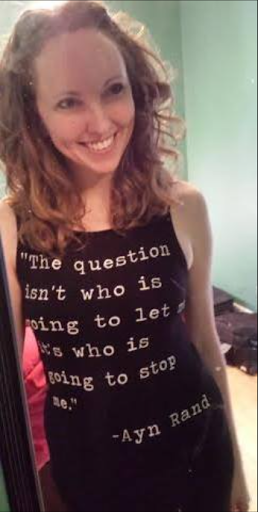
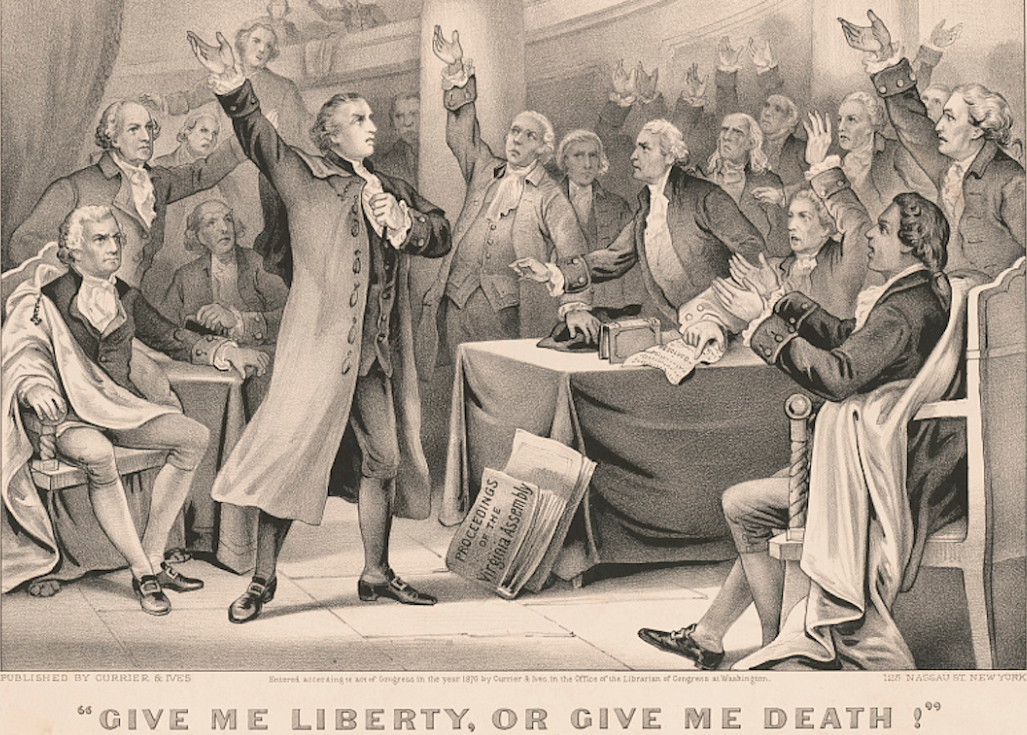
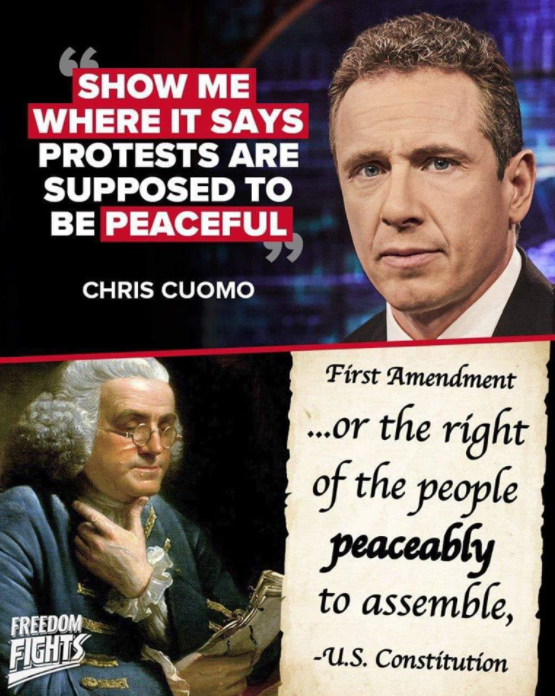
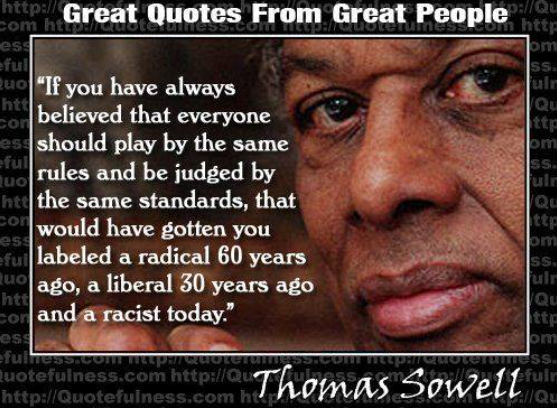
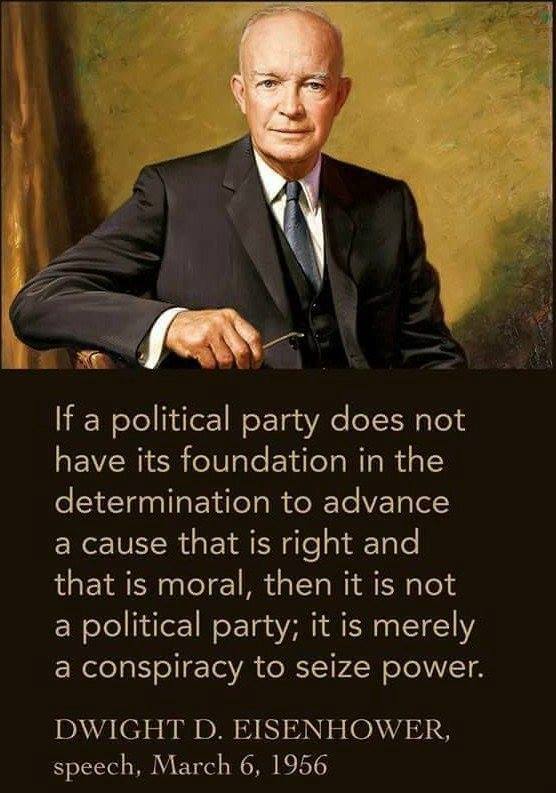
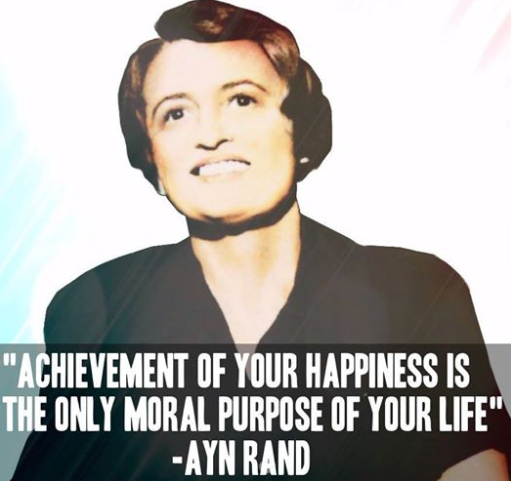
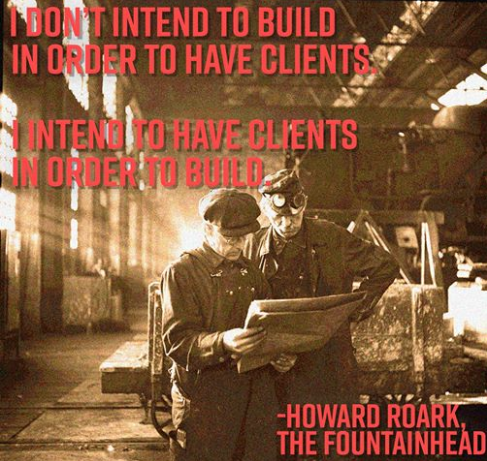

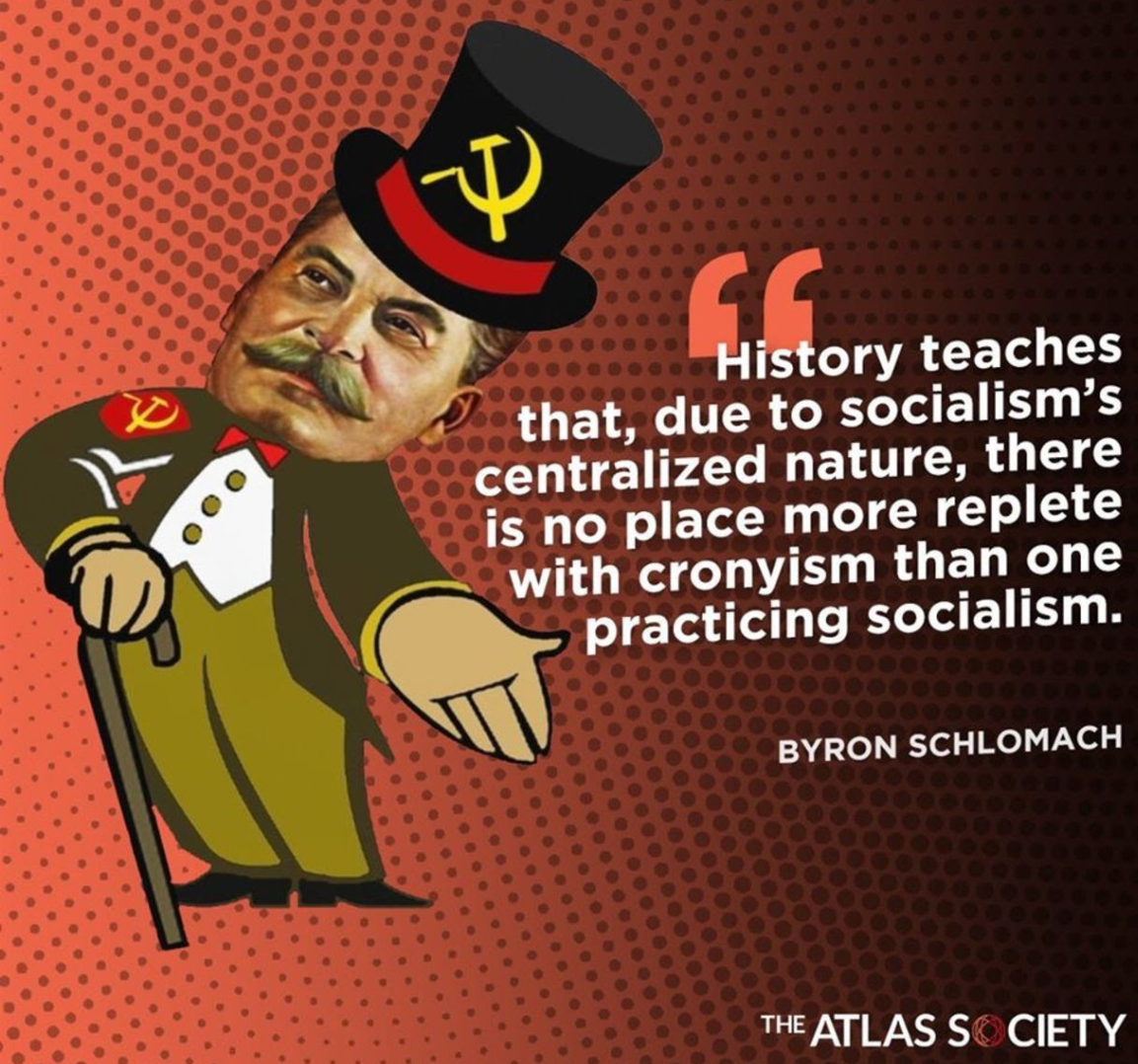
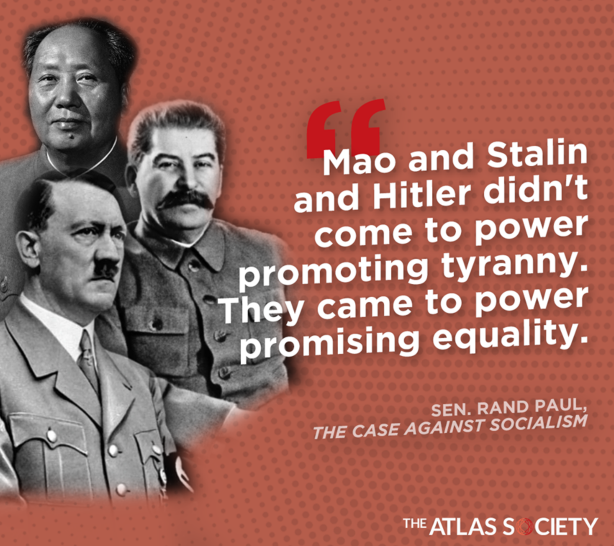
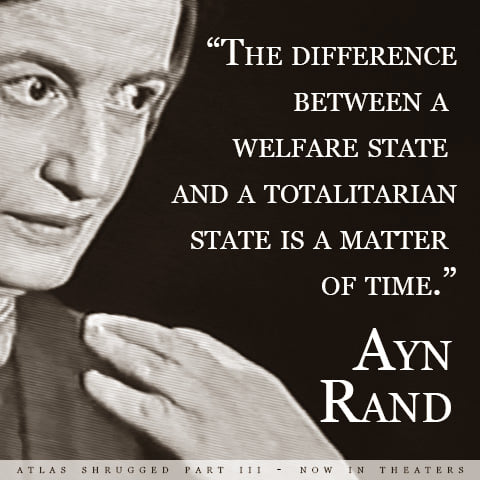

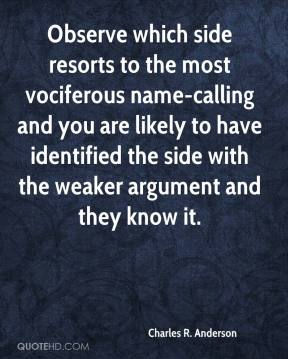





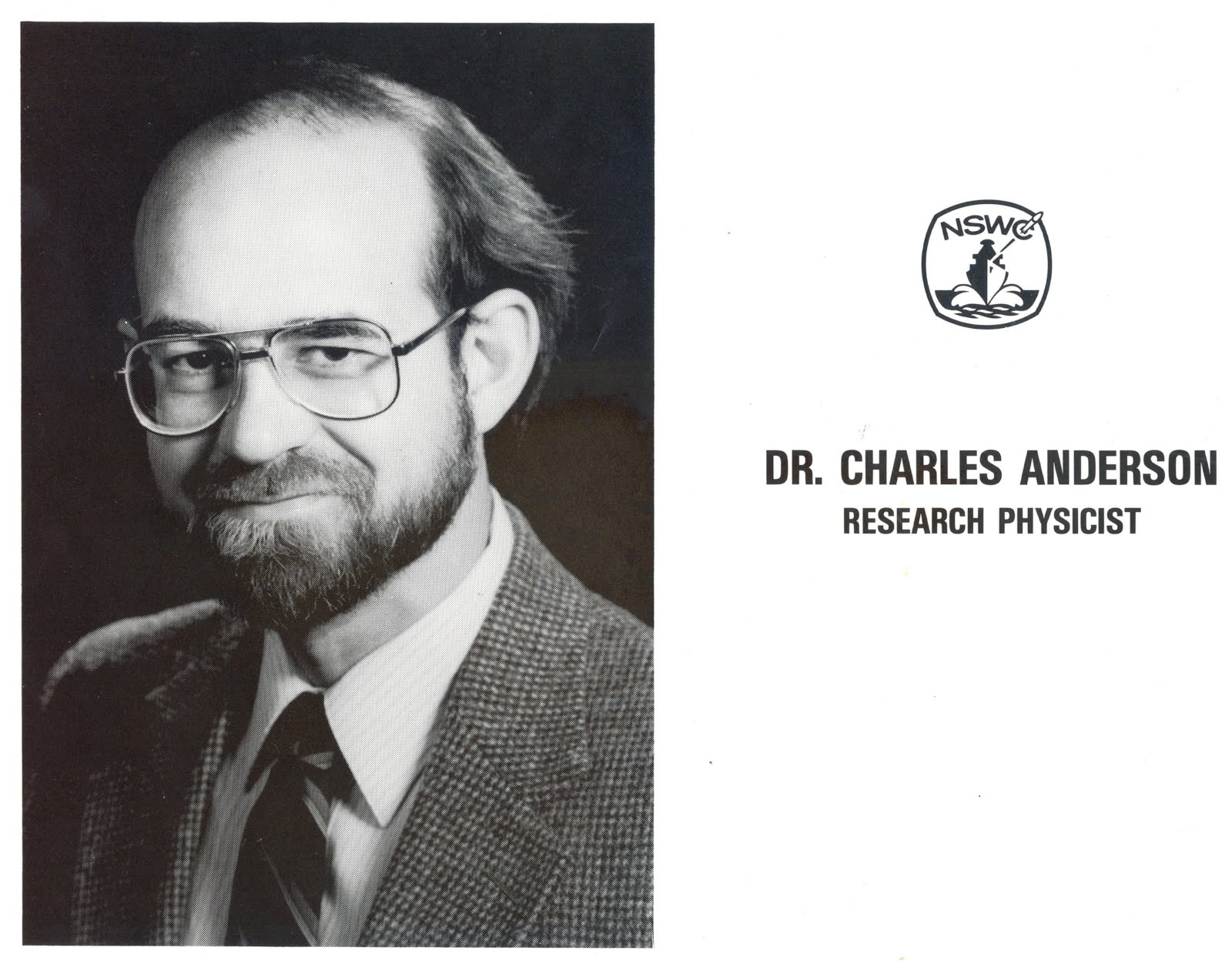

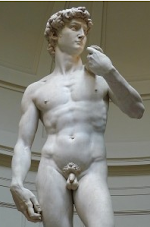

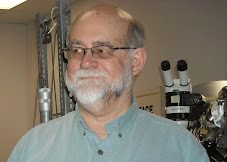

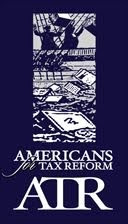












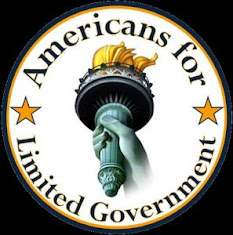














No comments:
Post a Comment